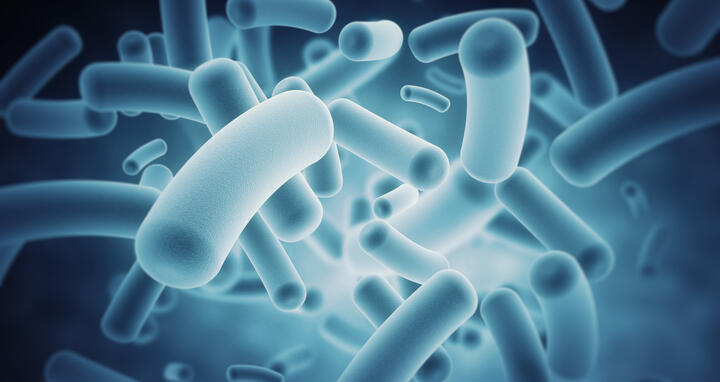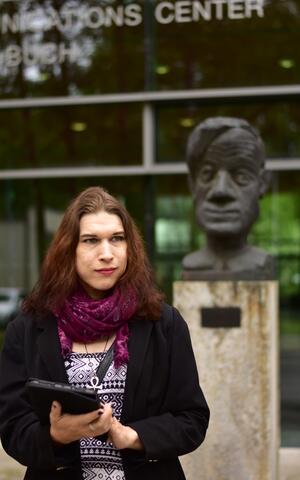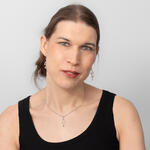New ECRC group leader Sofia Forslund researches the human microbiome
Many disease-related conditions in humans – such as the progression of or recovery from cardiovascular or metabolic diseases – influence gene expression, immune status, and the composition of the gut’s microbiome. All of these characteristics can be determined using high-throughput methods. Sofia Forslund’s ECRC research group therefore aims to create data-driven models that show how the human host and the microbiome develop together under different conditions toward health or disease.
Sofia K. Forslund
Interaction between host and microbiome
“In order to be able to interpret and make use of all this data, we have to distinguish between causality and correlation, and also between effects that result from treatment and those that result from the disease,” the researcher explains. To achieve this, Forslund and her team are analyzing data gained using high-throughput methods from human hosts and microbiota, taking into account metadata on disease development, nutrition, and lifestyle. The goal is to achieve a highly accurate, quantitative understanding of host-microbiome interaction that can be translated into personalized therapies for the future.
“I want my work to help people receive better medical care,” says Forslund. “My dream is that in twenty years from now, your MD has an app that can predict what needs to be done to help you live a long and healthy life in the specific way you individually want it to be.”
Sofia Forslund's carreer
Sofia Forslund began her scientific career by gaining a double master’s in molecular biotechnology and bioinformatics in Uppsala, followed by a doctorate in biochemistry from Stockholm University in 2011. She then worked for six years as a postdoctoral researcher in the field of structural and computational biology at the European Molecular Biology Laboratory (EMBL) in Heidelberg. It is from here that Sofia Forslund now comes to the MDC, where she will set up her lab for an initial period of five years – and learn plenty of interesting things about the human gut and its many microscopic inhabitants.






